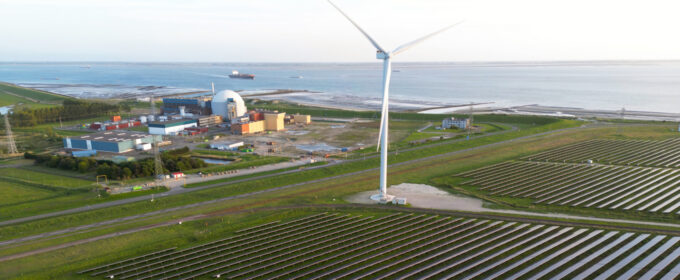Decarbonising electricity in the UK is far from straightforward. Government plans for the nation’s future electricity supply rely heavily on renewables, supported by gas power during periods of low renewable output. In this article, Professor Juan Matthews considers how nuclear energy can provide an alternative to gas power and support a future renewables-heavy grid, and […]









